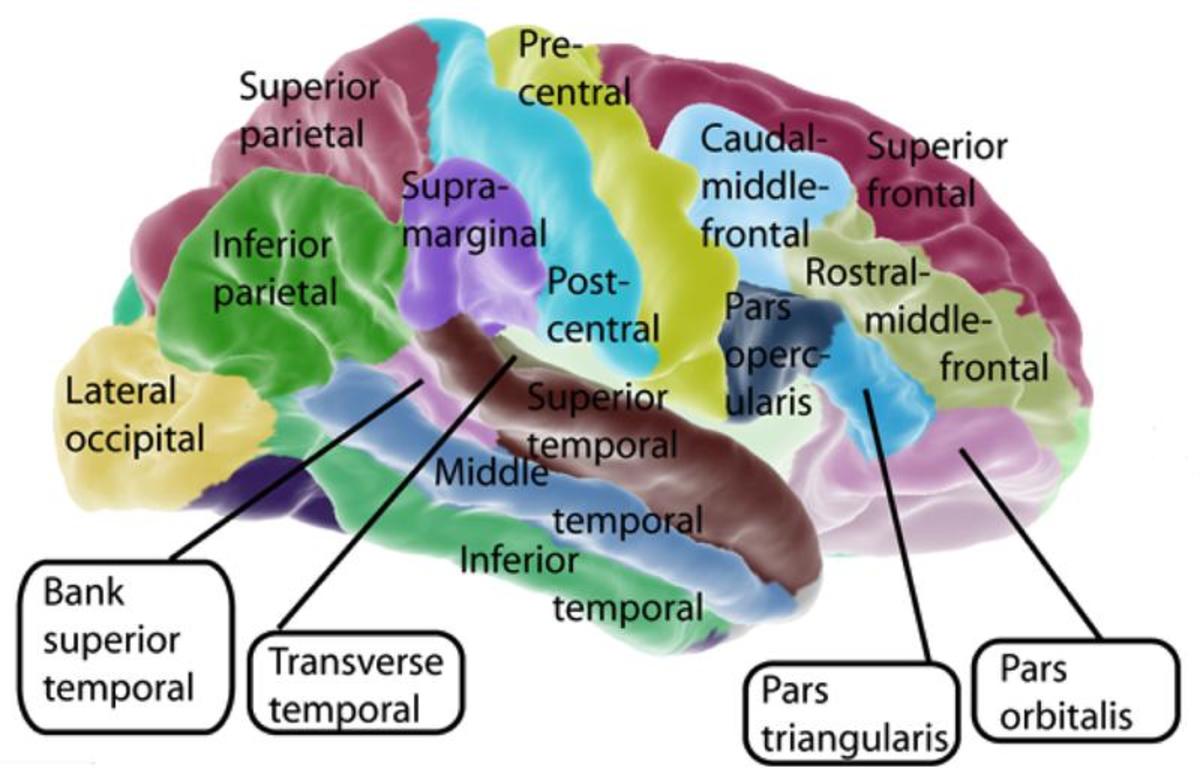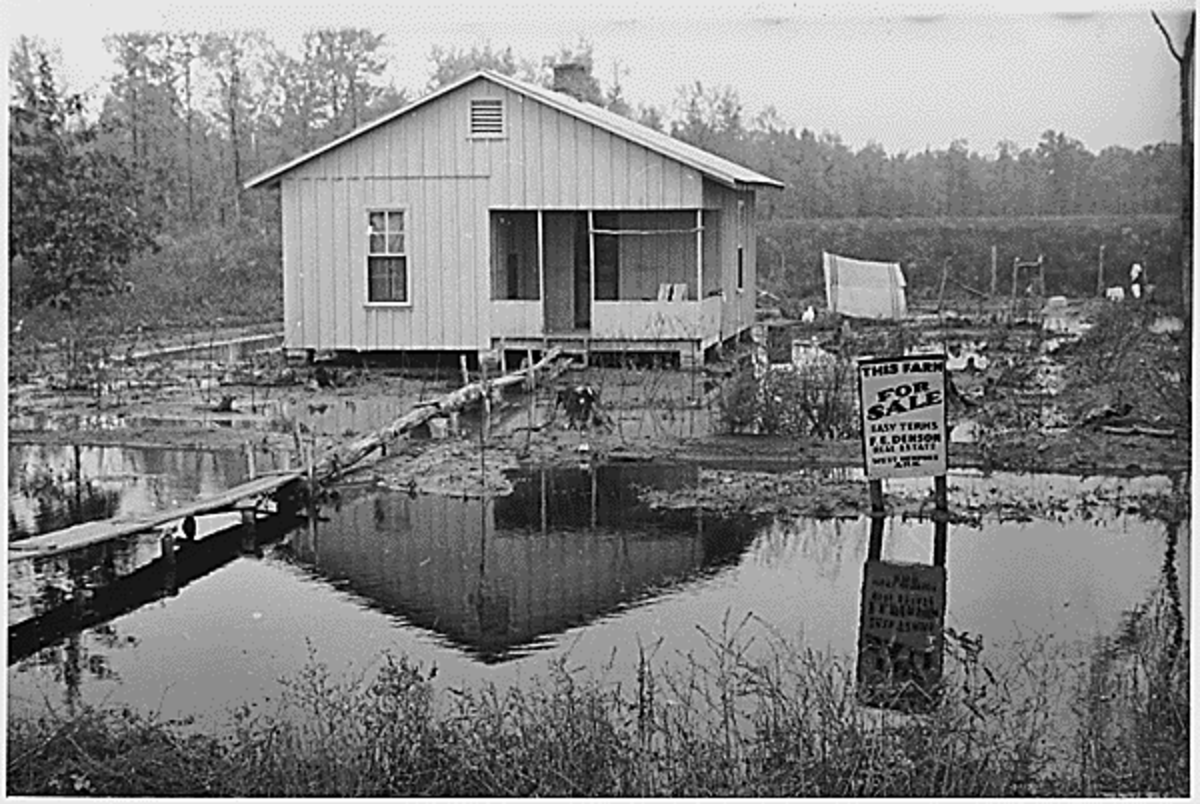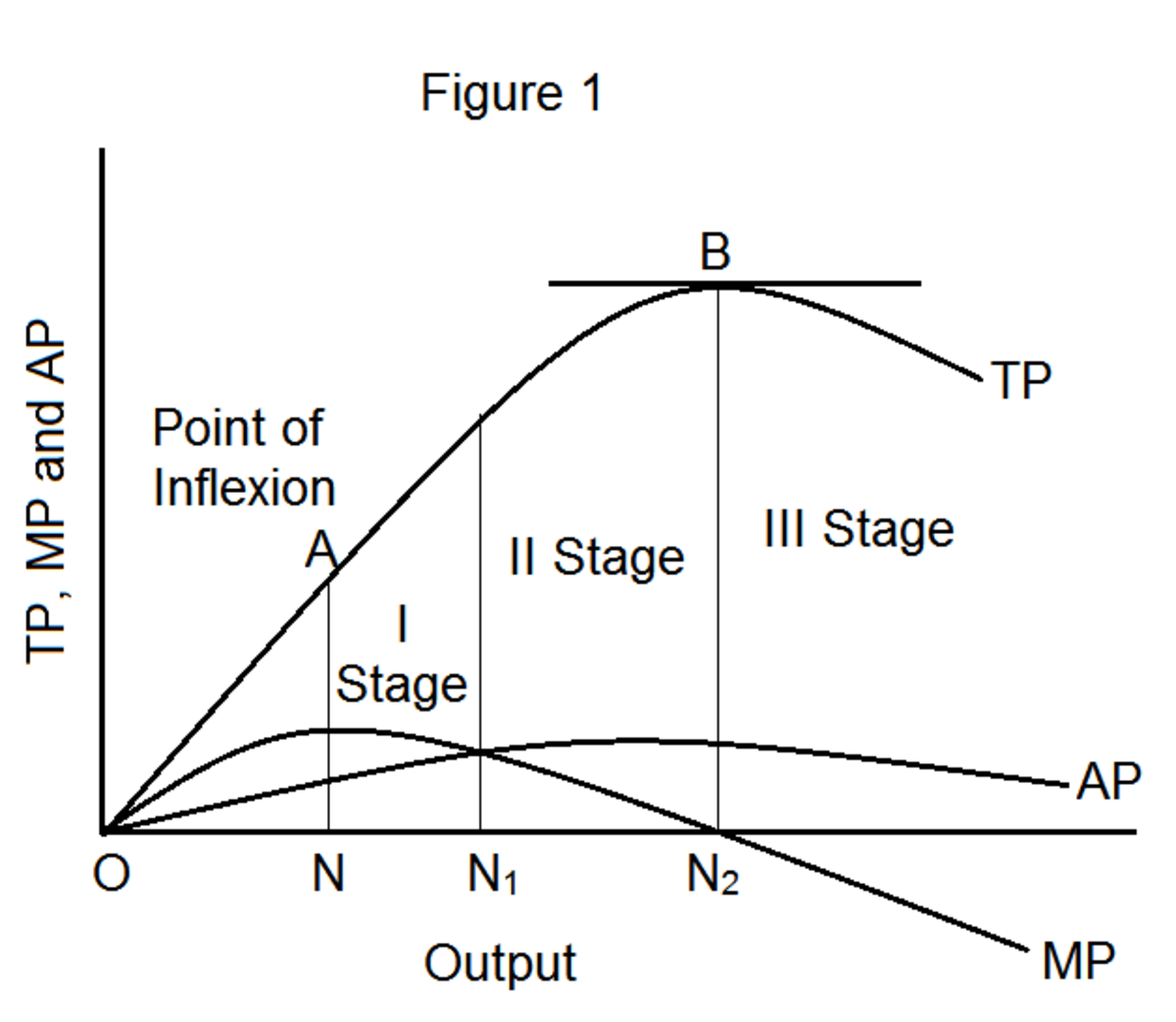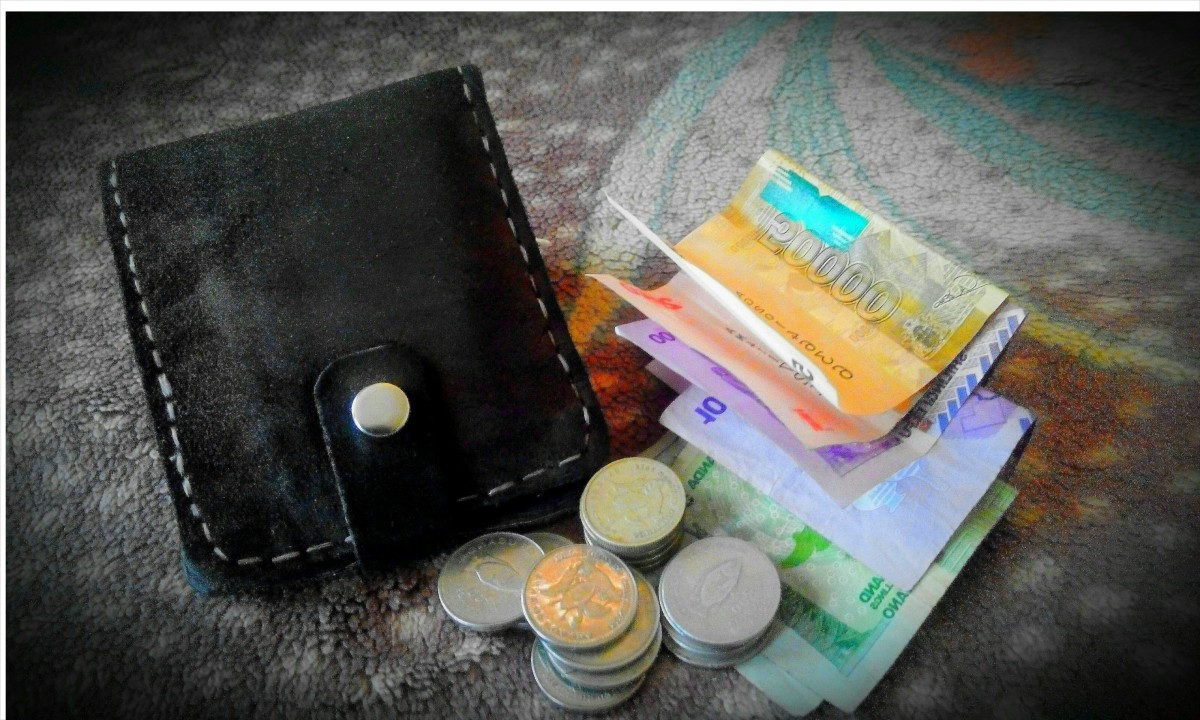10 lessons from the recession.
The reduction in trade and the reduction of hope.
Just over a year has come and gone, since it was officially announced the country was in recession, in January 2009.
12 months on and a lot of financial strife later, the world (at least to me), has become a very different place, to the one I had thought I had known. On a personal level it made me take a good hard look at my life, I realized just how lucky I am and thought about all the things I take for granted everyday. I saw so many news reports and read a plethora of awful stories, frequently learning about just how much a lot of people lost.
Every day it seemed there was another tale of doom and gloom, to remind us of the economic losses we were all facing. Shares in all different kinds of companies and industries were falling ever lower, employment rising ever higher, leaving longer trails of despair.
The effects of the recession hit me directly one day, when I went to visit our local shop. Only to find when I got there, it was dark and empty with a sign on the door. The notice was thanking it's customers for their support over the years, however unfortunately they had, had to close down. This has left a void in our community and a family out of business, which seems terribly unfair, considering all the hard work they put in.
I have spent a considerable amount of time contemplating the recession and all it's consequences. This is the first recession I have experienced and although we are now officially out of recession, I feel that lesson have still not been learnt and I fear it will not be the last I will see. That's why I have decided to compile this list of the 10 things I have learnt from the 2009 recession and to share my thoughts with you.
When thing's go wrong, it's the little people that suffer and pay.
There is a saying that the rich get richer and the poor get poorer, observing the way the recession played out, I can now see why a person would come to this conclusion.
There was such a sense of injustice and frustration surrounding the issue of money at this time and this was partly because, even though the tax payer had bailed the banks out not just once, but twice. Those at the top of the financial chain were still receiving wages and bonuses of figures most of us can't even imagine.
Big company bosses did not freeze or cut their own income but that of those on the lowest wage brackets. Worse then that they even cut jobs, to keep themselves in the manner of which they had become accustomed.
It is of course entirely their own choice to do so, we live in a capitalist society they are the ones in charge after all and they are not responsible for any one's well being but their own. Yet the average tax payer working much harder, for longer hours, for significantly less pay, appears to be financially responsible for the banks and the bail out, caused by the practice of an irresponsible work ethic. Further more tax payers are to continue to fund their lavish lifestyles, fill their pockets and still you have no say in what happens to your financial contributions, whatsoever?
I learnt that the rich get richer, the poor get poorer, the poorer people suffer at the hands of the richer and rather unfairly pay for their mistakes also.
If money is borrowed, someone has to pay it back.
I am as guilty as the next person of buying goods on higher purchase and assuming I will be able to pay it back. I was a contributor to the buy now pay later culture, that lead up to the recession. Fortunately it was not for large amounts of money and I was more fortunate then some, in that I was able to pay it back.
That does not however excuse the fact I too had fell hook, line and sinker for the lure of instant gratification. It just means I was luckier then some and that I remain extremely grateful. Many lost their jobs, some even lost their homes and many more will still be paying off their debts for years to come.
Loans was being offered to everyone, everywhere not a day went by that I didn't see an advert for credit or have something through the post with one company or another offering to lend me money. This is all well and good if you can pay it back and the money you are lending is your own. Trouble is people were borrowing and lending irresponsibly. It became normal to live beyond your means and gamble with money that was not your own.
The lenders blamed the borrowers and the borrowers blamed the lenders, the truth is if money is borrowed someone has to pay it back.
Work is benificial to self and also to society.
I have been unemployed before and it's awful, not being part of the work force really left me feeling out of the loop. I am thankful I was able to claim benefits while I was out of work, but nothing feels as rewarding as earning and I never got over feeling a bit guilty, even though I was entitled to it.
Work is also so beneficial to society as a whole, high unemployment brings low moral, crime rises and all kinds of emotional and social issues arise.
Good work ethics, decent wadges and plenty of job opportunities really do lead to a better society for everyone.
Less is more.
Learning to live without helps you to realize what's really important and for me It's nothing I can get out shopping. Money can't buy you love or happiness and although a new pair of shoes is nice, it's not going to make me a better person or greatly enhance my life in any way.
As a nation we waste a lot, food, water, money, resources, you name it and I was no exception. However during the recession I really took stock of the way I lived my life, I thought about what I really wanted out of life? What is important to me and am I really making the most out of life?
I realized I was needlessly wasting things and could make much better use of what money I had, then I was currently doing. I got really creative and learned so much, I learned you can get more for less and less is more.
Even experts get it wrong.
Spectacularly wrong. Not to say that no one saw it coming, in fact many a learned economical savvy individual did and voiced their opinions, they tried to warn those that could if not prevent it, then could at least cushion, the impending financial collapse they believed was imminent.
However alas their wise words fell on deaf ears and these experts, thinking they knew better carried on regardless.
No one is 'safe'.
Regardless of weather you are a big player like Woolworth's or a small local shop like the one we sadly lost. The mighty and the mini suffer the financial fate alike. A business is only as rich as the people who use it.
Similarly it hit those who thought they had a job for life, with a good stable company and waved goodbye to a pension they were counting on to fund there retirement. The recession speared no one. (except the bankers.)
It's important to save.
Because you never know when it's going to be a rainy day. You hear sayings like, "you can't take it with you" and "live for today", all the time. But the truth is saving is not a dirty word and there is nothing wrong with being sensible. Because when it rains it pours and I for one want to have a nest egg to fall back on if the cash flow dries up again.
The more some people have, the more they want.
When the chips are down, some people will still keep on taking the chips that are left, regardless of the fact that many others have far less chips then them and despite the fact that they don't actually need them.
The recession showed me just how greedy many people are and how they don't mind seeing others suffer as a result.
I saw a very dark side to the economy and business. I learned that greed is not good and that unfair wealth distribution is a curse.
The financial system does not work.
Wages, payment and wealth distribution is to be honest, a bit of a joke. Call me naive but I don't think I'll ever understand why a footballer should get paid more then a nurse or a model more then a firefighter.
The whole industry of finance seems to me more then a little tainted and corrupt. Without a major overhaul in ethics and procedures, we will inevitably be left with my next lesson.
It has happened before and it will happen again.
Truth is despite all that has happened, bankers are still getting huge bonuses and we are still being encouraged to spend,spend,spend.
We brought and borrowed our way out of this recession which does not seem to make much sense to me at all, but hey what do I know?








